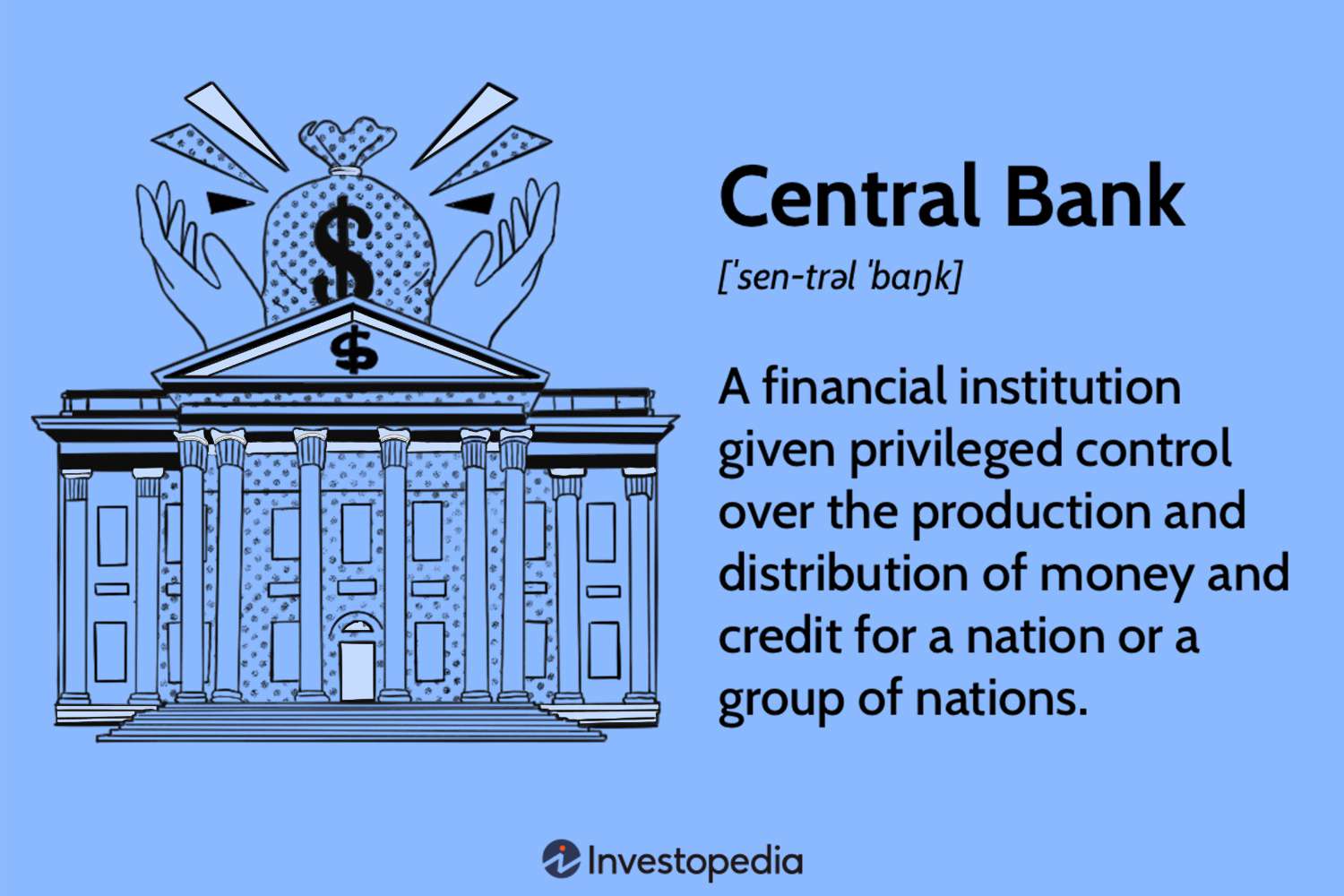In the market economy, the monetary framework gives cash from the positive savers (for example contributors) to the negative savers (for example individuals with lack of assets which need credits to purchase property and so on.). Moreover, the monetary frameworks work with non-cash installments. from people or lawful elements.
The monetary framework has by regulation a syndication of administrations. No one but banks can acknowledge stores, just insurance agency can give protection administrations and shared reserves the board should be possible better by an enormous bank instead of by a singular financial backer.
How cash is made
Previously, one reason the antiquated Greek states serious areas of strength for were the capacity to make their own cash. In the hours of Pericles, the silver Drachma was the hold money of that time. The equivalent applied for the brilliant cash of Philippe from Macedonia. Every one of these monetary standards might have been traded with a specific measure of gold.
These days, Took care of makes USD and ECB Euro which both is government issued currency I.e cash with no characteristic worth that has been laid out as genuine cash by unofficial law and we, in this way, need to acknowledge it as genuine cash. National banks course coins and paper cash in many nations that they are simply 5%-15% of the cash supply, the rest is virtual cash, a bookkeeping information section.
Contingent upon how much cash national banks make, we live in an emergency or we have financial turn of events. It ought to be noticed that national banks are not state banks however privately owned businesses. The nations have given the right of giving cash to private brokers. Thus, these confidential national banks loan the states with revenue and accordingly, have financial and obviously, political power. The paper cash circled in a nation is really open obligation for example nations owe cash to the confidential national brokers and the installment of this obligation is guaranteed by giving bonds. The guarantee given by the public authority to private national financiers for obligation reimbursement is the assessments forced on individuals. The greater public obligation is the greater the duties, the more normal individuals endure.
The leaders of these national banks can’t be terminated by the states and don’t answer to the legislatures. In Europe, they report to ECB which sets the money related strategy of EU. ECB isn’t constrained by the European Parliament or the European Commission.
The state or borrower issues securities, as such, it acknowledges that it has an equivalent measure of obligation to the national bank which in view of this acknowledgment makes cash from nothing and loans it with premium. This cash is loaned through a bookkeeping passage be that as it may, financing cost doesn’t exist as cash in any structure, it is simply on the credit contract commitments. This is the motivation behind why worldwide obligation is greater than genuine or bookkeeping obligation. Subsequently, individuals become slaves since they need to attempt to get genuine cash to take care of obligations either open or individual obligations. Not many ones figure out how to take care of the advance yet the rest get bankrupted and lose everything.
At the point when a nation has its own cash as it is the situation of the USA and different nations, it can “oblige” national bank to acknowledge its state bonds and loan the state with revenue. In this manner, a country chapter 11 is stayed away from since the national bank goes about as a loan specialist after all other options have run out. ECB is one more case since it doesn’t loan Eurozone part states. The non-presence of an Europe safe security leaves the Eurozone nations helpless before the “markets” which by fearing not getting their cash back they force exorbitant financing costs. In any case, as of late the European safe bonds have made progress regardless of the distinctions in Europe policymakers though the Germans are the primary driver for not having this bond since they don’t maintain that public commitments should be single European ones. There is likewise another explanation (presumably the most serious one) which is that by having this security, Euro as a money would be devaluated and Germany’s getting loan costs would rise.
In the USA things are different since the state gets its own cash (USD) from Took care of so neighborhood money is devaluated and accordingly state obligation is devaluated. At the point when a money is devaluated the results of a nation become less expensive without diminishing wages yet imported items become more costly. A country which has areas of strength for a (farming) and optional (industry) area can turn out to be more cutthroat by having its own cash given that it has its own energy sources for example it ought to be energy adequate. Keeps money with between $16 million and $122.3 million in stores have a save necessity of 3%, and keeps money with more than $122.3 million in stores have a hold prerequisite of 10%. Accordingly, assuming all contributors choose to take their cash from the banks simultaneously, banks can’t give it to them and bankrun is made. As of now, it ought to be referenced that for each USD, Euro and so on saved in a bank, the financial framework makes and loans ten. Banks make cash each time they give credits and the cash they make is cash that shows up on the PC screen, not genuine cash stored in the bank’s depository that loans it. Be that as it may, the bank loans virtual cash however gets genuine cash in addition to premium from the borrower.
As Teacher Imprint Joob expressed nobody can escape from paying loan fees. At the point when somebody gets cash from the bank, s/he needs to pay financing costs for the credit however all who cover duties and purchase labor and products pay the loan fee of the underlying borrower since charges must be gathered to pay the financing costs of the public obligation. All organizations and people that sell labor and products need to remember the expense of advances for their costs and this way the entire society finances banks albeit some portion of this endowment is given as loan fee to contributors. Teacher Imprint Joob continues and composes that the loan cost paid to the banks is a sponsorship to them since the fiat/bookkeeping cash they make is considered as lawful cash. For this reason financiers have these enormous pay rates and for this reason the financial area is so immense, it is on the grounds that the general public sponsors banks. Concerning financing costs, needy individuals typically have a greater number of credits than reserve funds though rich individuals have more saving than advances. At the point when financing costs are paid, cash is moved from poor to the rich subsequently, loan fees are positive for abundance collection. Business banks gain from speculations and from the contrast between financing costs for stores and financing costs for credits. At the point when financing cost is added consistently to the underlying speculation, it brings more interest since there is build interest which increments dramatically beginning capital. Genuine cash without anyone else isn’t expanded since this financing cost isn’t gotten from creation. Just human work can make loan fee of expanding esteem however there is a descending tension for pay rates cost and simultaneously increment of efficiency. This happens in light of the fact that human work needs to fulfill the requests of dramatically expanded accumulate interest.
The borrower needs to attempt to get the genuine cash, all in all, banks loan virtual cash and receive genuine cash consequently. Since the loaned cash is more than the genuine one, the banks ought to make new cash as advances and credits. At the point when they increment the amount of cash there is development (notwithstanding, even for this situation with the particular banking and financial framework obligation is likewise expanded) yet when they need to make an emergency, they quit giving credits and because of the absence of cash a many individuals bankrupt and sorrow begins.
This is a “cunning stunt” made by the brokers who have seen that they can loan more cash than the one they have since contributors wouldn’t take their cash, by and large and simultaneously, from the banks. This is called partial save banking. The definition given by Quickonomics for partial save banking is the accompanying: “Fragmentary save banking is a financial framework wherein banks just hold a negligible portion of the cash their clients store as stores. This permits them to utilize the remainder of it to make advances and accordingly basically make new cash. This enables business banks to supply straightforwardly influence cash. Truth be told, despite the fact that national banks are accountable for controlling cash supply, the majority of the cash in current economies is made by business banks through partial hold banking”.
Are reserve funds safeguarded?
On account of Italian obligation as on account of Greek obligation, we have heard from legislators (really paid workers by their desired investors) to safeguard individuals’ reserve funds. In any case, are these reserve funds safeguarded in this money related and banking framework? The response is a straightforward NO. As referenced, the banks have low saves in real money. This is the explanation that they need their clients’ trust. In the event of a bankrun there would confront liquidity issues and they would bankrupt. There are store ensure plans that repay, under EU controls, that safeguard contributors’ reserve funds by ensuring stores of up to €100,000 yet in the event of chain responses, business banks should be saved by the states and national banks go about as loan specialists’ after all other options have run out.
What next?
The financial framework as it is molded by the force of banks isn’t suitable and it doesn’t serve human qualities like opportunity, equity and a vote based system. It is silly and ought to be quickly different assuming we maintain that mankind should make due.









